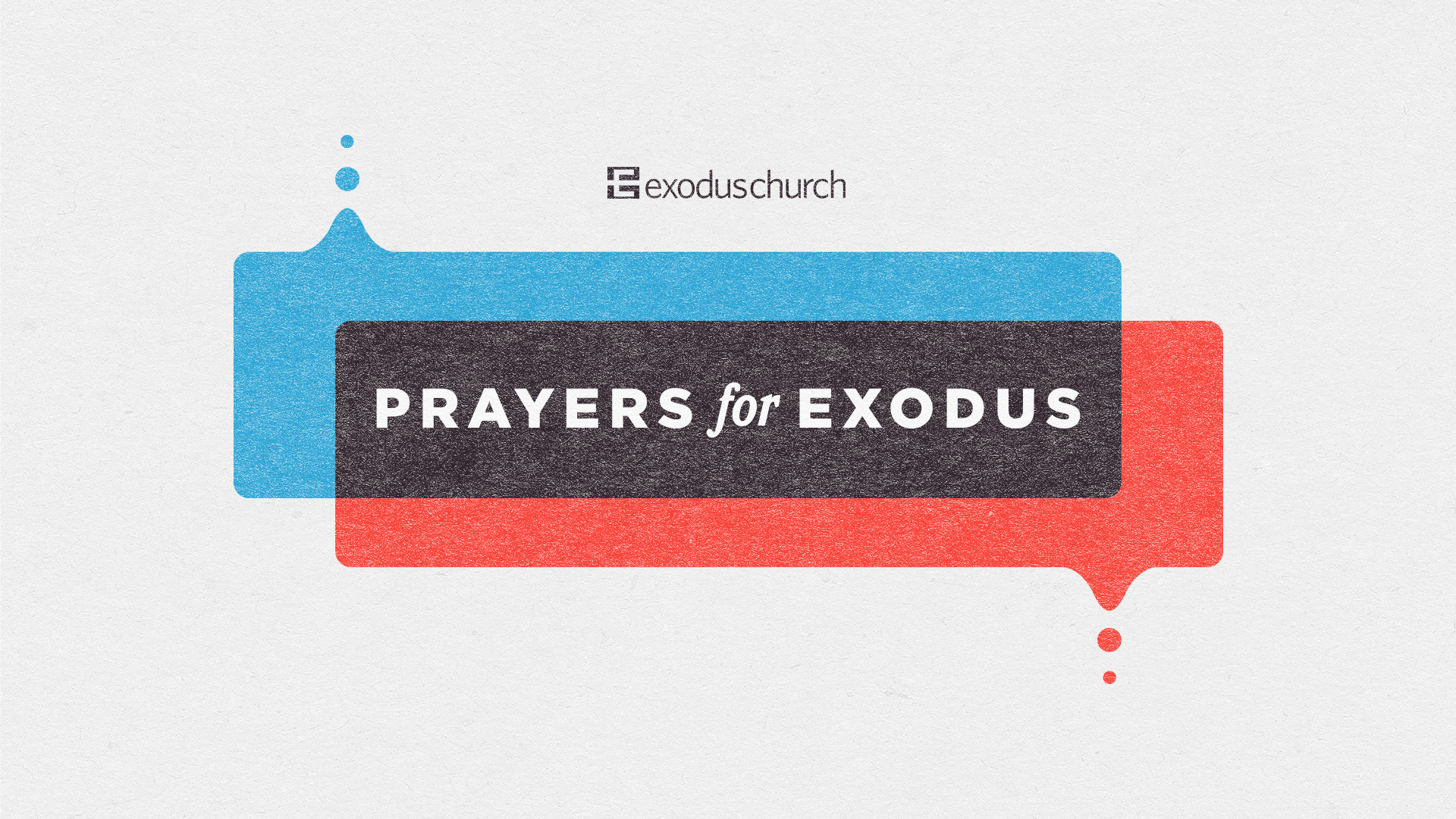Every Monday at 5:30, Preaching Cohort gathers to discuss the passage of Scripture that will be preached 13 days later as part of our gathered worship. I have been blessed immeasurably by this time. I do get some questions about this meeting so I wanted to answer them here.
Why do this?
Some have asked if this is my way of getting others to do my job as if we meet so that the Cohort can tell me what to say. While I always come away from Preaching Cohort with something helpful, the purpose of this time is much broader.
As we move toward being one church in multiple congregations, our goal is to stay connected on the sermons that are preached. Preaching Cohort serves that end. Additionally , as pastors, we want to follow Jesus by making disciples. This environment gives us an opportunity to model what it means to study the Word and prepare to present it.
What do you do?
Having read the passage in preparation, we meet and ask the following questions.
- What General Observations can we make? This is a big picture question dealing with context issues, interesting points or particular areas we will want to address. We want to know “what it meant”, then “what it means”.
- Where do we see the Gospel? Each passage needs to get us to the gospel – not simply as the entrance to Christian Faith, but the reality we must have if we are to walk in a way that honors Jesus. Some passages prepare us for the gospel while others call us to participate in the gospel. However, all of them will get us there. It’s our task to find it.
- How is Jesus the Hero of this passage? To be honest, the categories of “gospel” and “Jesus as Hero” often blend in our discussions. However, there will be things we see about Jesus in the passage about who He is and what He has done that will be particularly important to mention. Since the Bible is about Him, we want to see and savor Him in each passage.
- How does this passage create a missional people in the Church? The Bible is not primarily a road map for the life of the individual. It’s not primarily a love letter from God to individuals. It’s the record of God’s self disclosure and his work in redeeming a people for his own glory. So, every passage is about God forming a people for his mission. We want to find that and bring it to bear on our part of God’s people at Exodus.
- How does this passage apply to individuals? The Bible does apply to me. So, we want to work hard to understand how a passage should be applied and how to communicate that.
- What are some communication points we want to make? We look for helpful illustrations or analogies to communicate the truth of the passage. Hearing other perspectives is always helpful.
How do you decide what to preach?
This is a great question related to the preaching cohort. We usually do three things.
- Seek the Lord. Though this step should be assumed, it should be stated. I spend time praying and meditating on the life of our church and what God wants to do here. There are days of retreat and solitude that often give direction and wisdom from the Holy Spirit about what God wants to do in our church through the preaching of the Word.
- Ask leaders in our church. Then, I’ll meet with the elders and community group leaders and ask if there are any areas of need for our people. Usually, there are some good issues that come from this conversation. This also helps the community group leaders own more of the mission of our church. Then, I begin reading over the list looking for groupings or patterns. Next, I’ll spending time considering various books of the Bible that address these issues. We do not typically preach topical series as the steady diet of our church. Rather, we try to study through whole books of the Bible.
- Determine if there are major issues needed for our church. Our goal is to establish Deacons at Exodus in 2013. So, we are preaching through 1 Timothy. We wanted to address hunger for God’s Word, so we spent time in Psalm 19. Again, a commitment to expository preaching guides how we approach this.
The next step is taking these options to the elders for their input and approval.
How far in advance do you plan the preaching calendar?
The last thing we do is look at the calendar. We try to stay about a year ahead. In March, we’ll start talking about 2014. We know the rhythm of our community and church. So, this guides when we start new series and even the kind of series we do. In all this, we have freedom to make changes if the Spirit directs. We find that planning and structure creates freedom rather than diminishing it.
Interested?
If you are interested in being part of this group, please let us know.



